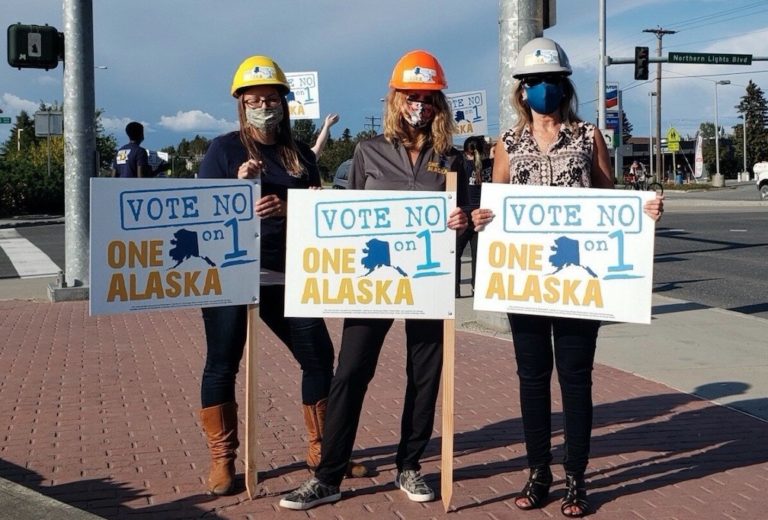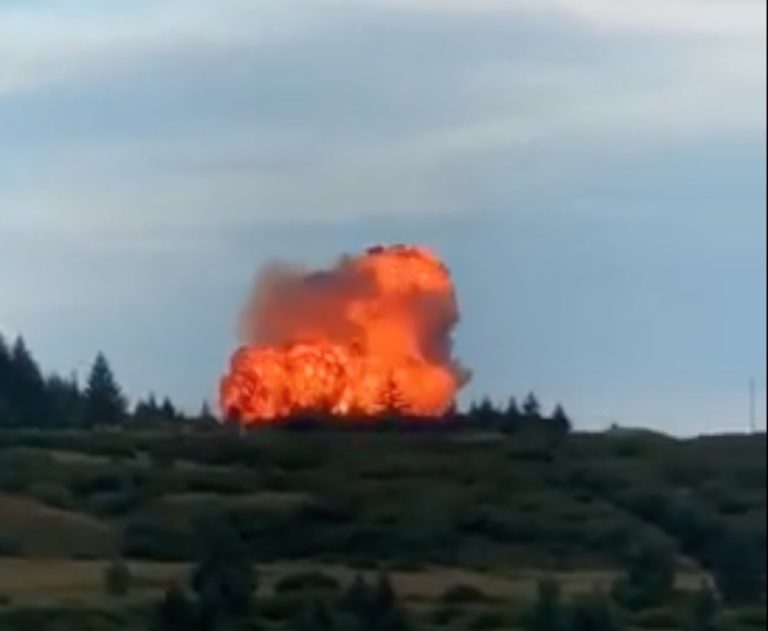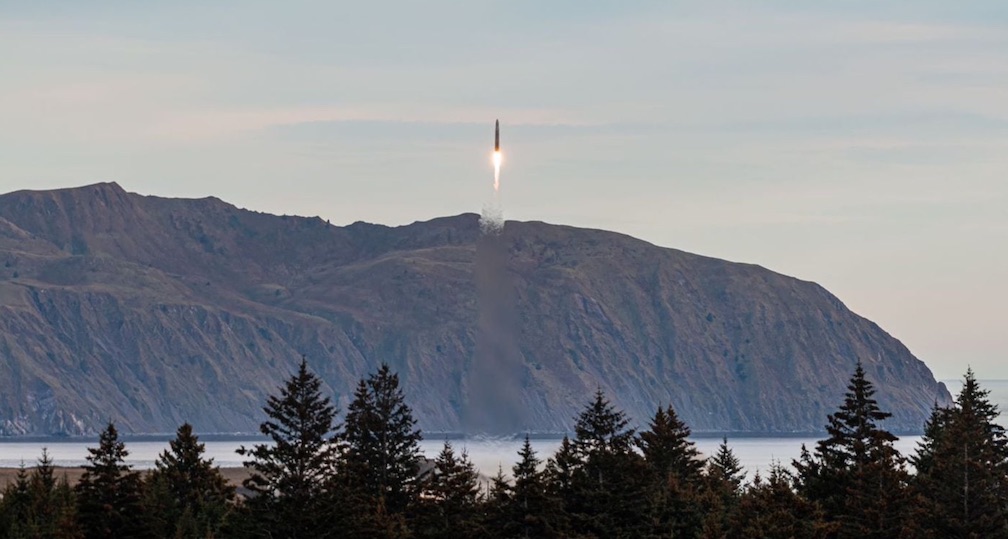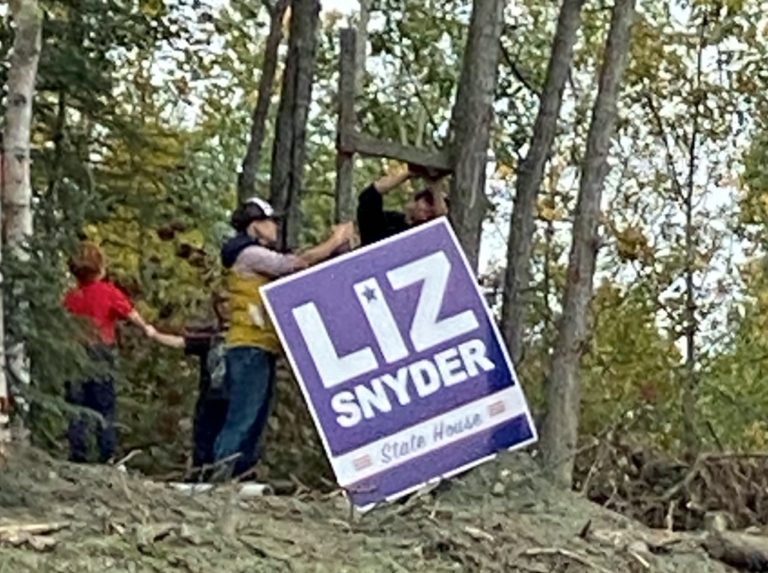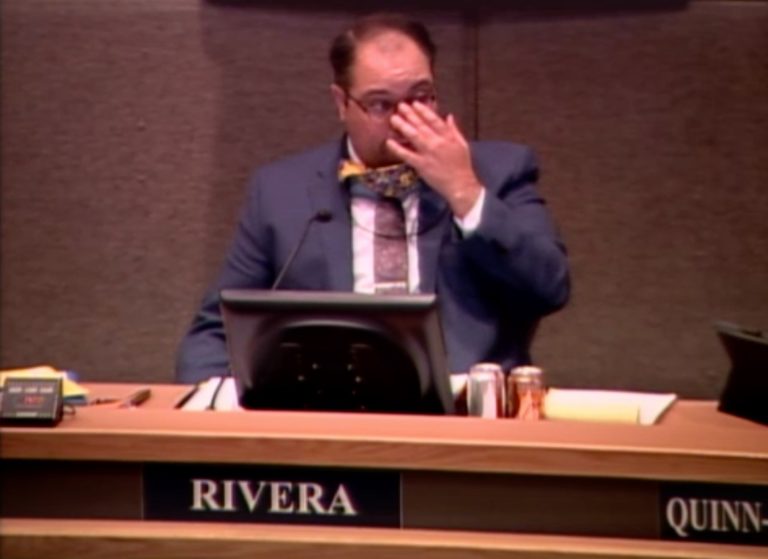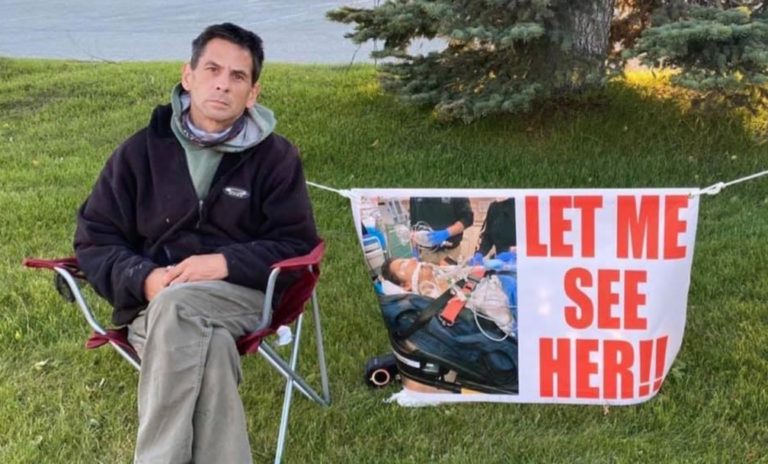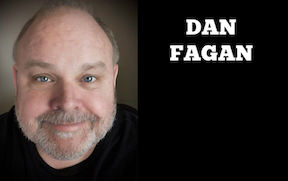By JEANINE ST. JOHN
It’s time for supporters of Ballot Measure 1 to come straight with Alaska.
For months now, they have been feeding Alaskans one mistruth after another in an effort to trick us into voting for their dangerous oil tax initiative.
The latest assault on the truth came a few days ago when Robin Brena, the initiative’s chief sponsor, termed our current oil tax structure “the largest oil resource giveaway in Alaska’s history.”
The dictionary defines “giveaway” as something given for free, and I suspect it would surprise the producers to learn they are producing “our” oil for free. The fact is oil has paid for 85-90% of our budget for the past 40 years.
The producers paid Alaska about $3 billion each year in taxes and royalties the last couple of years. That’s far from the “nothing” Brena says oil companies pay –and twice as much as all other businesses combined. You can find the true details on the State’s website.
Brena repeatedly says we are not getting “our fair share.” That isn’t what the experts say. Independent economists tell us that our current oil taxes are about in the middle of our national and international peers and that the initiative would make Alaska among the highest rate of government take in the world.
A just-released report from a group of highly respected international analysts examined “Alaska’s Competitiveness in Global Oil and Gas Markets.”
Their conclusion: “Alaska’s competitiveness deteriorates under Ballot Measure 1 as commodity prices increase. At prices above $60/bbl Alaska’s proposed fiscal system is the least competitive within the international peer group.”
These analysts, who are trusted advisors to the world’s largest companies, say it’s bad for business to keep changing the tax structure. “Since 2006 the Alaskan oil and gas fiscal system has undergone frequent changes, resulting in fiscal instability and loss of investor confidence in the state.”
But back to Brena’s recent commentary. “Prudhoe Bay,” he says “is one of the most profitable, conventional oil fields in the world. It can easily support paying Alaskans a fair share without impacting investment or jobs.”
If Prudhoe is so profitable, why did BP sell it for a bargain price? Why are there so many rigs stacked idle on the North Slope instead of drilling for oil?
Brena likes to go on and on about ConocoPhillips’ profits. Here’s what he doesn’t tell you. ConocoPhillips reinvests every penny of Alaska earnings right back into Alaska. In 2019 the company made $1.5 billion in Alaska and it spent $1.5 billion in Alaska. So much for Alaska being ConocoPhillips’ “cash cow.”
The numbers are right there in their annual report, which is posted on their website. The fact is ConocoPhillips is the kind of partner Alaska desperately needs right now.
But the biggest whopper of all – and he said it again the other day in his newspaper commentary – is that “Ballot Measure 1 will help the overall economy of Alaska,” add “11,000 new jobs” and not hurt investment.
Well, we’ve been there, done that under ACES – and we’re still paying the price. Even though oil prices were over $100/barrel, investment lagged, exploration came to a halt and jobs disappeared. Alaska was the only oil state to actually lose production. Ballot Measure 1 raises taxes even higher than during ACES.
The Vote No side is held to a higher standard for truth telling, and consequently bends over backward to use public information to support its claims. They acknowledge that Alaskans are not likely to give the benefit of the doubt to industry groups, and will be called upon to provide proof of their statements.
Brena makes no such effort and is rarely called on it. As such, much of what he says is flat out false. He knows he can get away with it.
If passed, Ballot Measure One will further devastate our economy, lead to even more lost jobs and shrink future PFDs.
That is the truth Brena is so desperate to conceal, because most rational Alaskans would quickly conclude that upending our largest economic driver for something that won’t come remotely close to fixing our problem is a very, very bad idea.
Jeanine St. John, Vice President at Lynden Logistics, and President of the Resource Development Council Board of Directors
